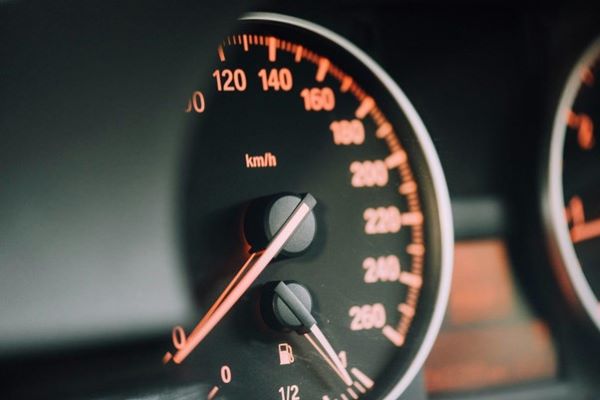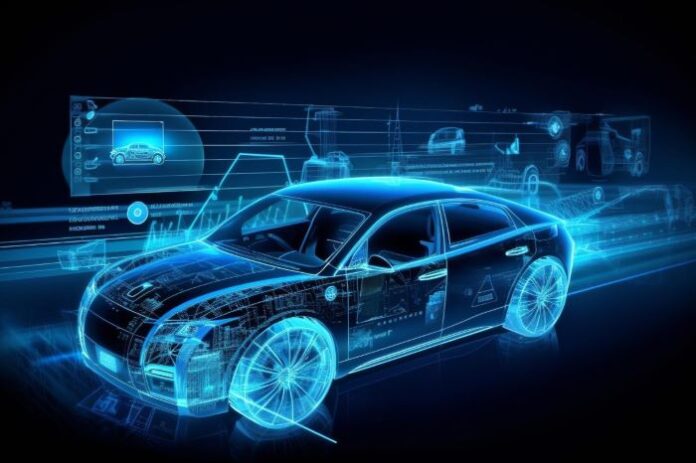The car buying and selling process has witnessed a remarkable transformation due to the emergence of new technologies and startups. One aspect that has been disrupted significantly is the auto auction industry. Traditionally associated with dealers, wholesalers, and car enthusiasts, auto auctions have undergone a digital makeover and now offer a more convenient, efficient, and accessible platform for buying and selling vehicles. In this article, we will explore how new technologies and startups have revolutionized the auto auction industry.

Online Platforms and Marketplaces
One of the most noticeable changes in the auto auction landscape is the advent of online platforms and marketplaces. These digital platforms, such as Copart, Manheim, and IAA, have become a hub for buyers and sellers alike. Through user-friendly websites and mobile applications, these platforms offer a vast inventory of vehicles, complete with detailed descriptions, photographs, and vehicle history reports. Buyers no longer need to physically attend auctions; they can now participate from anywhere, making the process more accessible and convenient.
The inclusion of vehicle history reports adds another layer of transparency and confidence for buyers participating in online platforms and marketplaces. With a vehicle history report, buyers can access crucial information about the vehicle’s past, including accident history, previous ownership, service records, and more. This valuable data empowers buyers to make well-informed decisions and mitigates the risk of purchasing a vehicle with undisclosed issues, using new technologies.
Virtual Bidding and Live Streaming
Thanks to technological advancements, traditional in-person bidding has been transformed into virtual bidding, allowing buyers to participate remotely. With the help of live streaming, participants can view auctions in real-time, placing bids electronically from the comfort of their own location. This digital shift has expanded the reach of auctions, connecting buyers and sellers from across the globe and increasing the likelihood of finding the desired vehicle at a competitive price.
Data and Analytics
Startups specializing in data and analytics have entered the auto auction space, providing valuable insights to buyers and sellers. These companies leverage large datasets to offer predictive analytics, market trends, and price estimates. These insights enable buyers to make informed decisions, while sellers can strategize their pricing and marketing efforts. Additionally, with the help of machine learning algorithms, these platforms learn from past transactions and continually improve their predictions, creating a more efficient marketplace for all participants.
Streamlined Transaction Processes
The incorporation of new technologies has simplified the transaction processes associated with auto auctions. Digital platforms now offer secure online payment options, eliminating the need for time-consuming and risky cash transactions. Additionally, startups have introduced services that assist with shipping and transportation, taking the hassle out of organizing logistics for both buyers and sellers. These streamlined processes save time, reduce paperwork, and provide a more seamless experience for all parties involved.
In addition to streamlined transaction processes, new technologies and startups have introduced innovative solutions such as VW VIN decoding. With the help of advanced algorithms and software, these platforms can decode the Vehicle Identification Number (VIN) of Volkswagen vehicles, providing users with detailed information about the vehicle’s specifications, manufacturing details, and any recalls or service campaigns associated with it. This simplifies the buying and selling process by offering accurate and reliable information right at the fingertips of buyers and sellers, further enhancing the efficiency and transparency of auto auctions.
Increased Transparency
Transparency has always been a concern in the auto auction industry. However, new technologies and startups have tackled this issue by providing detailed vehicle information, including comprehensive inspection reports and vehicle history. Buyers can access this information before placing a bid, allowing them to make more informed decisions. This transparency has built trust within the auto auction community, making it easier for buyers and sellers to engage in transactions confidently.
Conclusion
The integration of new technologies and startups into the auto auction industry has brought a wave of positive change. Online platforms and marketplaces have made auctions more accessible and convenient, while virtual bidding and live streaming have expanded their reach and audience. Data and analytics have empowered participants with valuable insights, leading to more informed decision-making. The transaction processes have become more streamlined, and increased transparency has fostered trust between buyers and sellers.
As technology continues to advance, we can expect further innovations in the auto auction space. The use of artificial intelligence and blockchain technology may introduce additional enhancements in terms of vehicle verification, authentication, and security. With these ongoing developments, the car buying and selling process at auto auctions will continue to evolve, promising an even more efficient and transparent marketplace for everyone involved.















